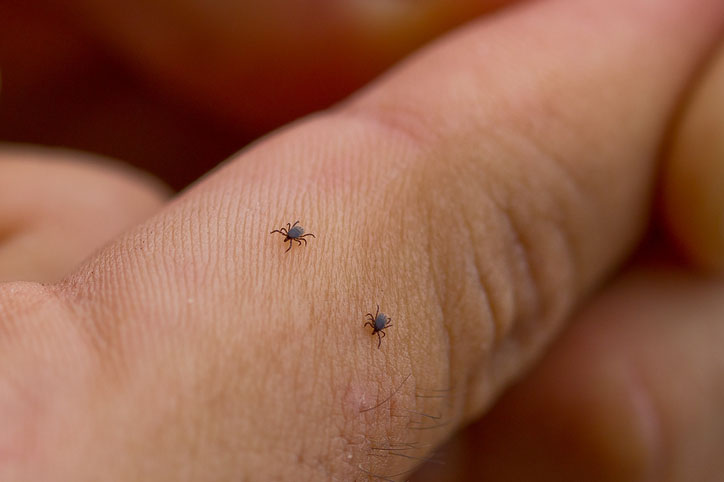Fungal Urinary Tract Infections
- Systemic Pharmacotherapeutics of the Urinary System
- Overview of Systemic Pharmacotherapeutics of the Urinary System
- Bacterial Urinary Tract Infections
- Fungal Urinary Tract Infections
- Bacterial Prostatitis
- Diuretics
- Dopamine in Urinary Disease
- Glomerular Disease
- Diabetes Insipidus
- Controlling Urine pH
- Cystine-binding Agents in Urinary Disease
- Urinary Incontinence
- Urine Retention
Although uncommon, most fungal UTIs in dogs and cats are caused by Candida spp. Finding Candida organisms in the urine may indicate sample contamination; however, finding Candida organisms in two serial urine samples collected by cystocentesis is consistent with infection and warrants culture and definitive identification. Treatment includes eliminating potential predisposing factors (eg, excessive endogenous or exogenous corticosteroids, urinary catheters) and administering antifungal drugs with or without urinary alkalinization. Fluconazole is the antifungal drug of choice for treatment of candidal cystitis. The dosage in cats is 50 mg/cat, PO, once to twice daily, and in dogs is 2.5–5 mg/kg/day, PO, divided bid. The duration of treatment needed to eliminate infection is unknown but may be as short as 7 days.
- Systemic Pharmacotherapeutics of the Urinary System
- Overview of Systemic Pharmacotherapeutics of the Urinary System
- Bacterial Urinary Tract Infections
- Fungal Urinary Tract Infections
- Bacterial Prostatitis
- Diuretics
- Dopamine in Urinary Disease
- Glomerular Disease
- Diabetes Insipidus
- Controlling Urine pH
- Cystine-binding Agents in Urinary Disease
- Urinary Incontinence
- Urine Retention





